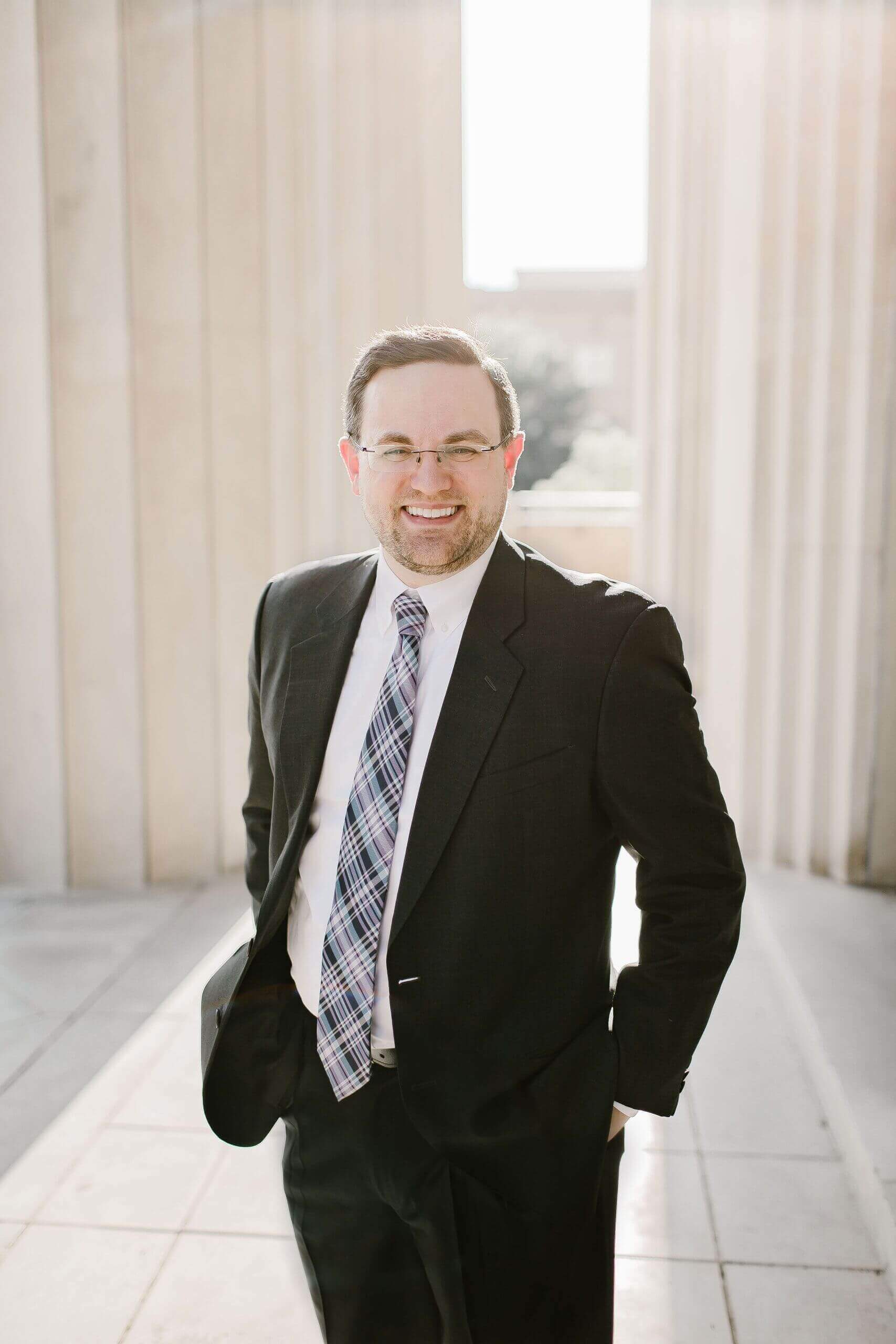What Are ABLE Accounts?
ABLE accounts were established in June 2016 as tax-free savings for people with disabilities and hold great promise for special needs planning. But among the many questions surrounding ABLE plans is who can open accounts? Only the person with a disability? Parents? Other relatives? Friends?
Congress passed the Achieving a Better Life Experience (ABLE) Act in 2014 and modeled it after popular 529 college savings accounts. ABLE accounts allow people with disabilities to save for disability-related expenses while maintaining eligibility for Supplemental Security Income (SSI), Medicaid, and other government benefits. People can save up to $15,000 annually, up to a maximum of $100,000. Nearly every state in the country has passed legislation enabling people with disabilities and their families to open these new savings accounts.
Who Can Open an ABLE Account?
ABLE accounts can be set up either by the account beneficiary (the person with disabilities) or that person’s parent, legal guardian, or another person with power of attorney.
If beneficiaries set up the accounts, however, they must be of majority age (18 or older) and not have cognitive disabilities that would prevent them from being able to do so.
Are There Any Limitations?
One limitation on these accounts is the ABLE Act’s strict definition of a qualifying disability. To be the beneficiary of an ABLE account, the person’s disability must have begun before age 26. This excludes many people with disabilities that form later in life, such as individuals with chronic conditions or disabilities resulting from car crashes or other incidents. The ABLE Age Adjustment Act, currently before both houses of Congress, would raise the onset-of-disability age from 26 to 46.
If you live in White County, Pulaski County, or Saline County in cities like Sherwood, Little Rock, and Benton, AR, reach out with questions about ABLE accounts and your loved one with special needs or disabilities.

At McClelland Law Firm, we believe that limiting our practice areas provides the greatest value to our clients. To us, value means providing exceptional service and efficient processes for each of our practice areas.
We are committed to compassionate representations, especially as it relates to elder law. No one should feel pressured, controlled, or “talked down” to in any meeting. Every client deserves to be heard and understood.
McClelland Law Firm, P.A. is here to help you and your loved ones understand probate and trust administration, estate planning, Medicaid planning, crisis planning, guardianship, and elder law. Our Benton, Sherwood, and Searcy law offices welcome you to contact us and learn how we can help meet your elder law legal matters in White County, Pulaski County, Saline County, and throughout Arkansas.
